Services
Are You Looking For a Reputable Helical Pier Installation Company in Colorado That Offers:
Free Estimates & Formal Quotes,
Residential & Commercial Helical Piles,
Foundation Design & Geotech Reports,
and American Made Products?
If the answer is “YES” then you need the help of a local and professional helical pier company to properly support your structure.
To get started give us a call or fill out the form to schedule a free estimate.
FREE estimate
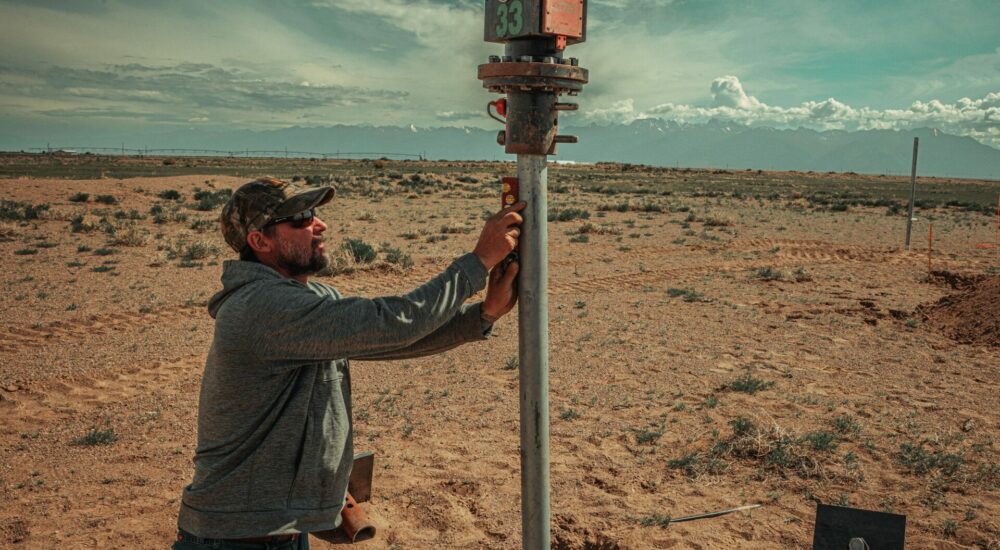
We are involved in every step of your new construction foundation project from start to finish. No question will be unanswered and no concern overlooked. We understand that your customer’s home or commercial building is their largest investment and we take that seriously.
Compare our pricing, our reviews, and testimonials and you’ll see why we’ve earned the reputation as being one of the top new construction foundation companies in Colorado & why we offer a rock solid guarantee to back it up.
- Trusted By 1,200+ Satisfied Customers
- No Spoils, No Cure Time, & One Trade
- Fast, Safe, & Secure Solutions
- Fully Insured & Bonded
- High Quality ASTM Rated Steel
Our Helical Pier Foundation Solutions:
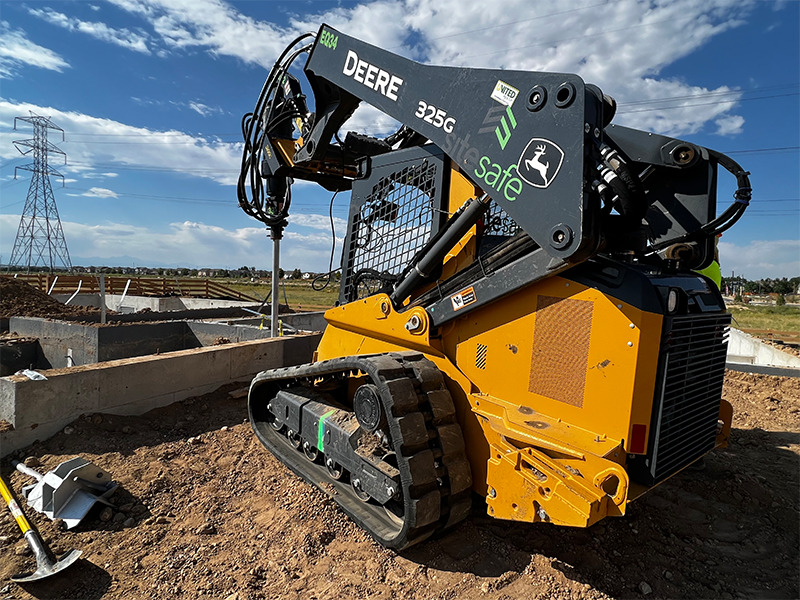
Residential Helical Piles
Helical piles are steel foundations that anchor buildings and homes, with a central shaft and helical plates for stability. They're perfect for new construction or retrofitting, easy to install, cost-effective, and disrupt the site less than traditional foundations. Helical piles can adapt to different soil conditions and meet specific needs for various building projects.
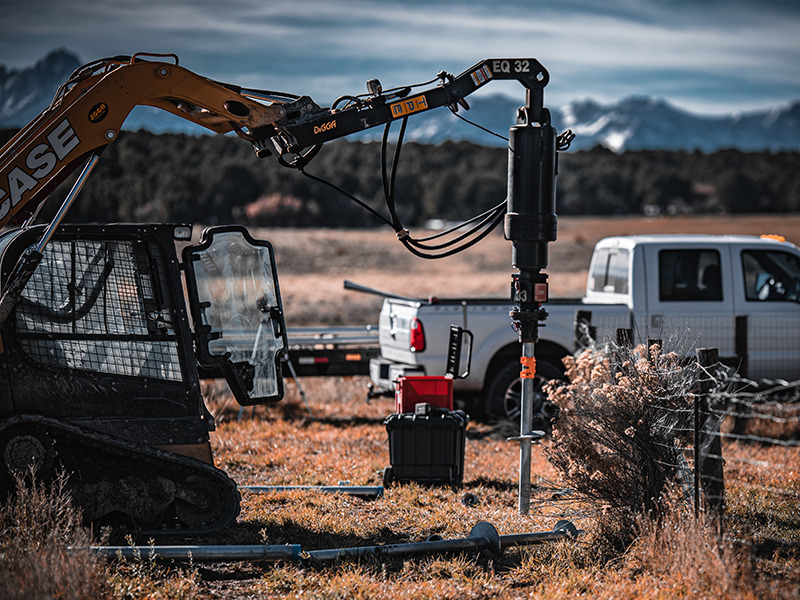
Commercial Helical Piles
Helical piles are steel shafts with spiral plates that provide resistance to soil and prevent the structure from sinking or shifting. They offer easy installation, minimal site disturbance, and quick load-bearing capacity. They are designed for heavy loads and are popular for commercial and industrial construction projects because they are cost-effective.
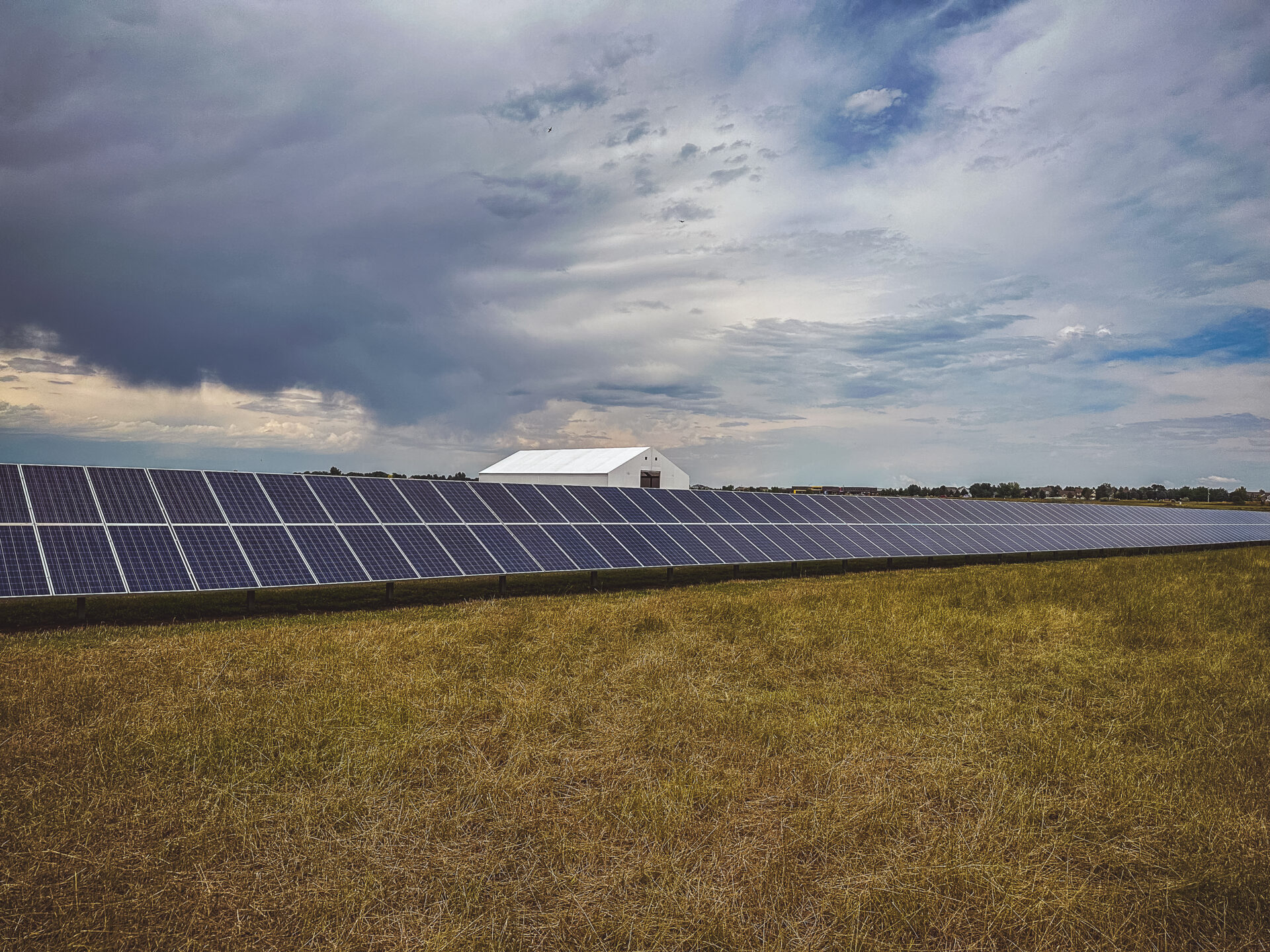
Solar
Solar foundation construction involves preparing and leveling the site, excavating, pouring concrete into holes, and installing vertical posts that support the mounting system. This system holds solar panels in place, which are then wired to the grid. A sturdy foundation ensures optimal sun exposure and stability for long-term renewable energy generation.
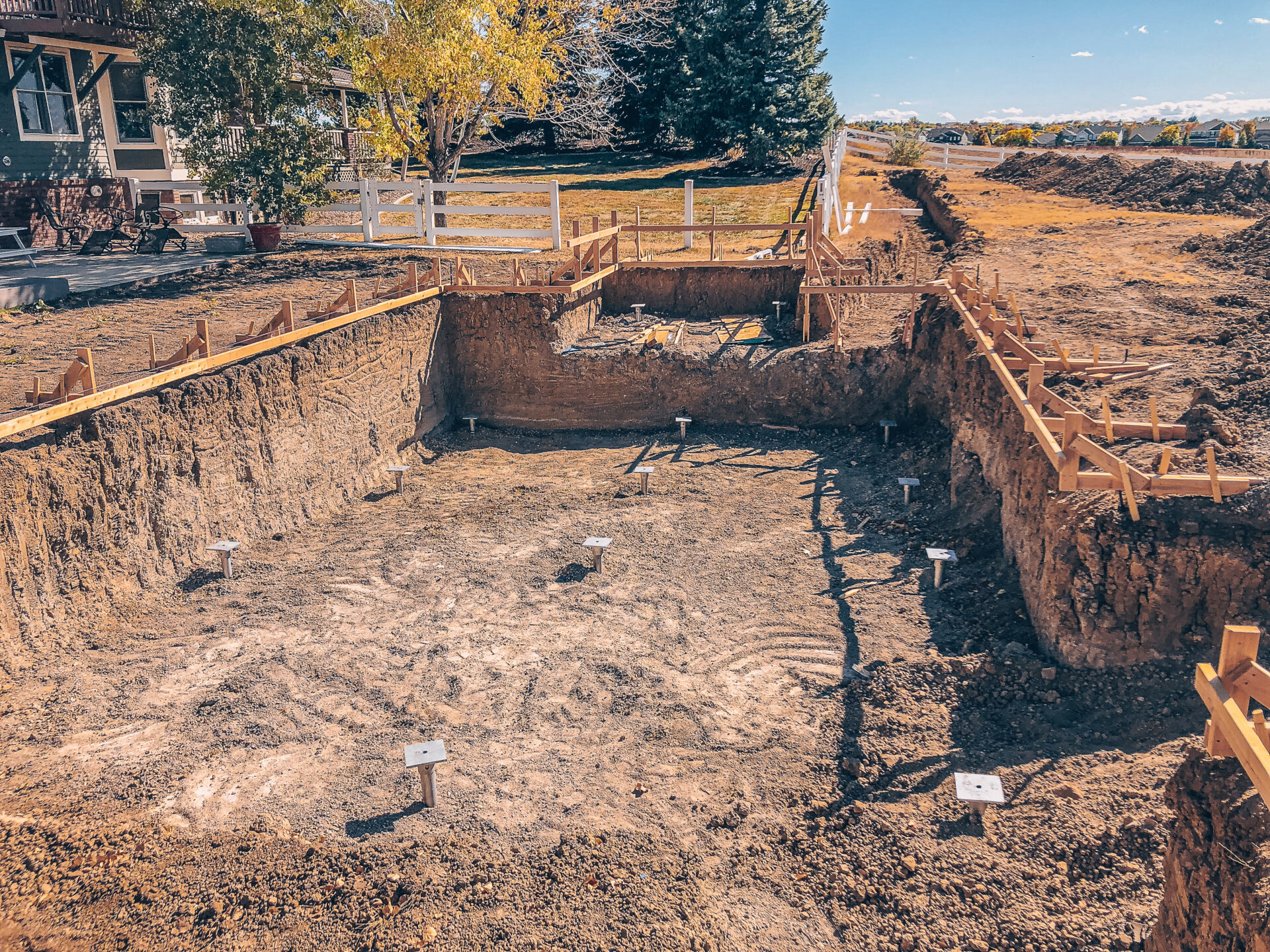
Pool
Pool foundation construction involves excavating the ground, adding a compacted layer of gravel, reinforcing with steel rebar, and pouring a solid concrete base for the pool walls and floor to ensure longevity and safety.
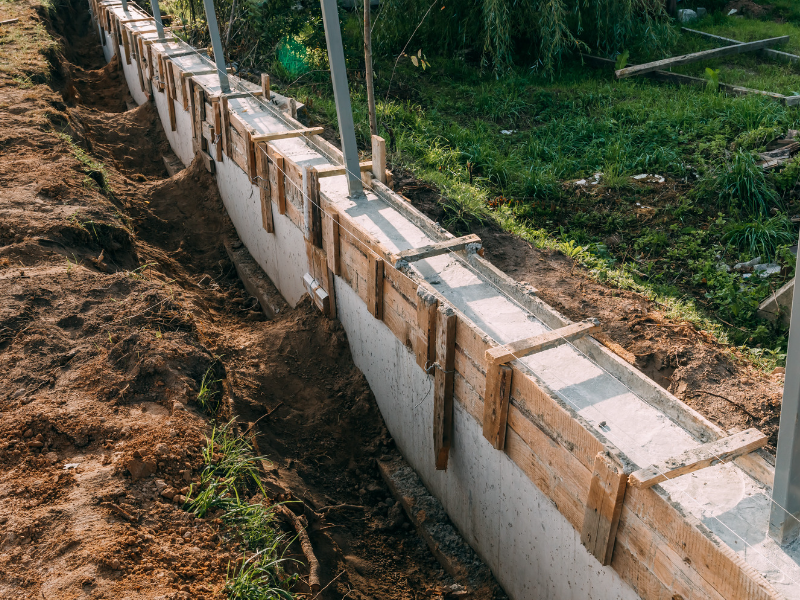
Retaining Wall
Retaining walls stop soil erosion. Proper foundation needs excavation, leveling, and filling with crushed stone. Wall size varies with height, soil, and drainage. Leveling is done after excavation and compacted for base. Footings are poured with concrete and steel bars. Using block or concrete, the wall construction starts. Follow codes and safety protocols for durability. Correctly installing one ensures years of stability and protection.
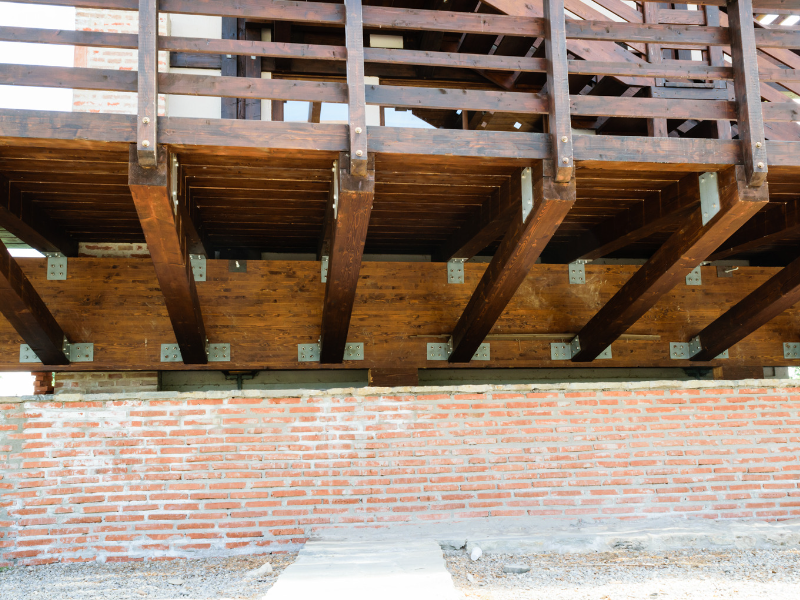
Deck
A deck foundation is crucial for support and stability of a deck. Footings are placed in holes and surrounded by concrete to make them durable. The footings must be strong and concrete or cement are good for that. Next, metal brackets connect deck posts to the footings and they are secured in place with bolts until the foundation is complete. Proper planning and attention to detail is critical to build a strong, stable and safe deck foundation.

Docks and Bridges
Docks and Bridges foundation construction involves creating a secure and stable base to hold heavy weight and withstand natural forces. Excavation and building conventional foundations like piles, piers, or caissons with reinforcement and concrete add additional strength. Once done, the bridge deck is built on top. This guarantees proper distribution of weight and support, ensuring safety and longevity of the bridge.

Pipeline
Pipeline foundation construction prepares the ground for secure pipeline installation. Skilled engineers clear, level, and excavate before building a foundation, typically from compacted soil, gravel, or concrete, with support from piers or anchors. After construction, the pipeline is tested for safety and reliability. Good pipeline construction ensures durability and strength.
GET YOUR FREE ESTIMATE
CALL NOW
SEE WHAT OUR HAPPY CLIENTS HAVE TO SAY

